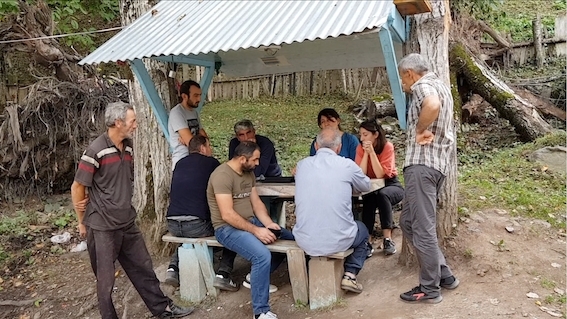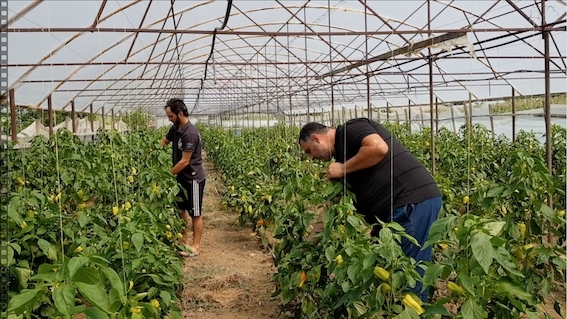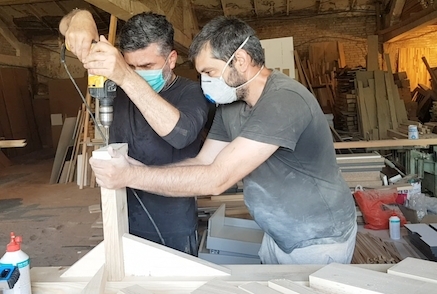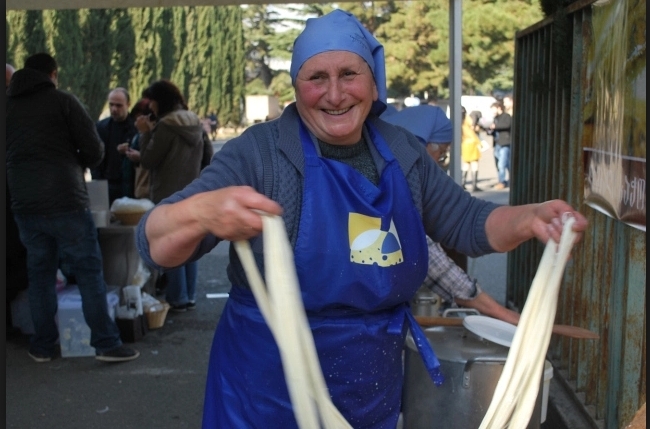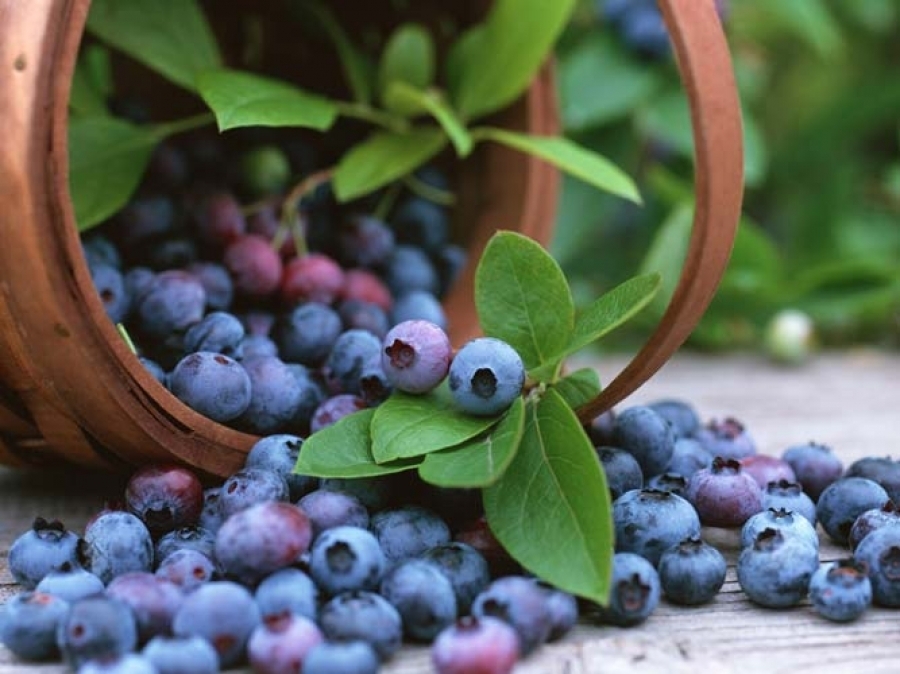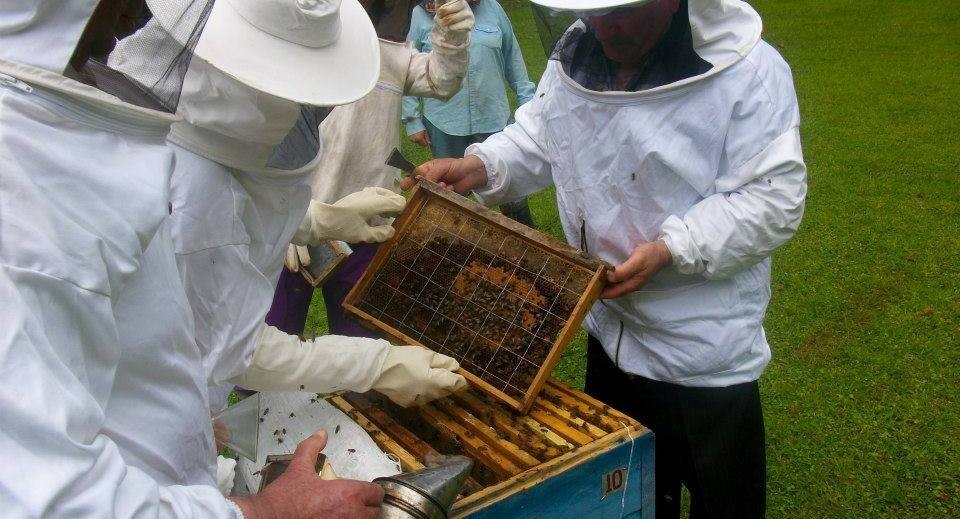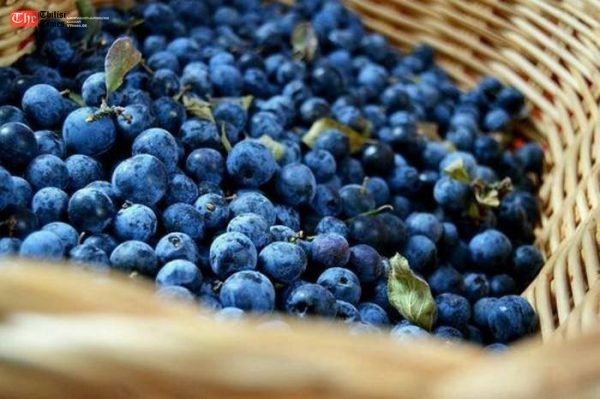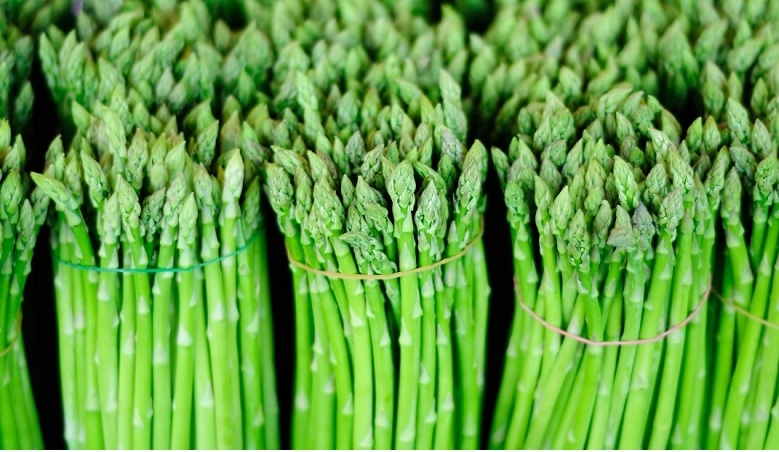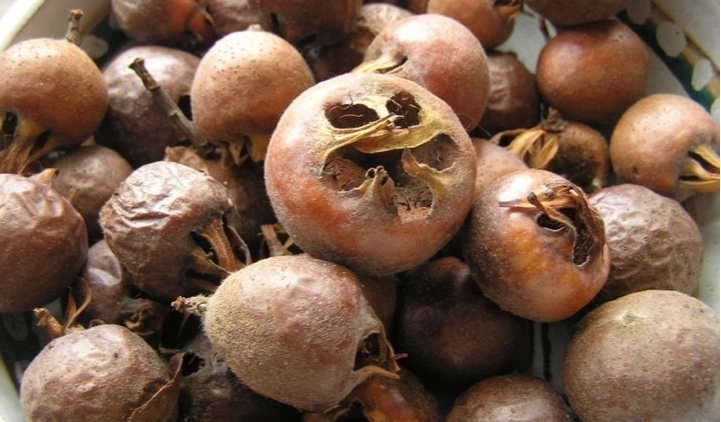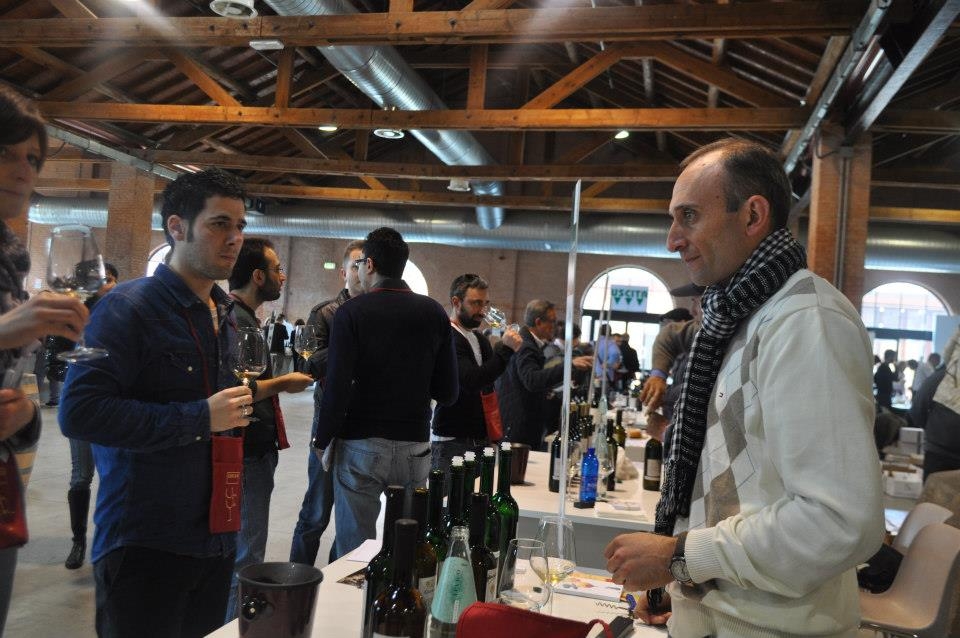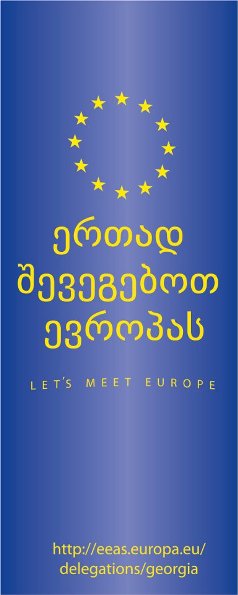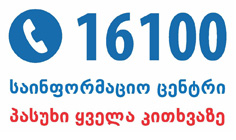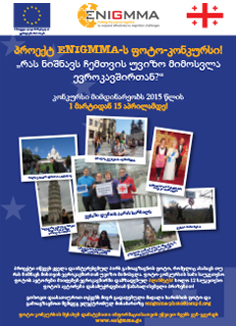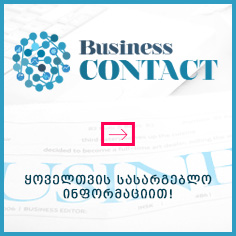Fish Factories Getting Ready to Export to the European Union
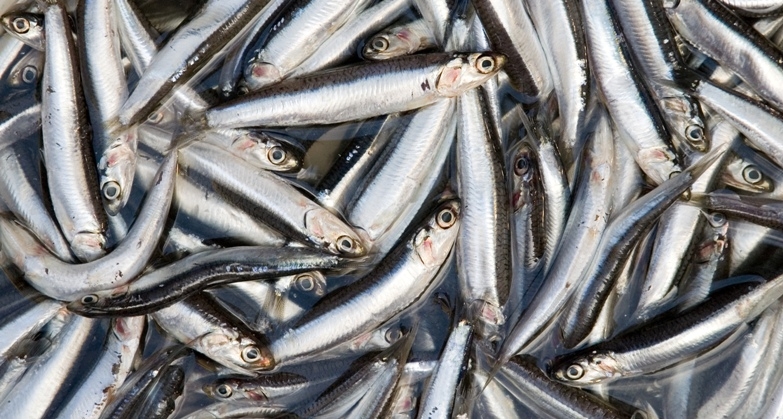
“The European Commission is willing to gradually recognize Georgian factories in their current state of development, after which they will be entitled to export to the European Union.”
“Black Sea anchovy is famed for its quality. Our product contains 74 percent protein, while others contain only 64 or 65 percent.”
Anchovy harvested from the waters off the Georgian Black Sea shore will be one of the first products to be exported from Georgia to markets in the EU. To see how effectively the National Food Agency of Georgia controls local production, the Directorate General for Health and Consumer Affairs (DG SANCO) under the European Commission visited Georgia for the second time in November 2014. Exports of anchovy to Europe will be decided based on the conclusions of this mission.
According to Kakha Sokhadze, the head of the Food Safety Department at the National Food Agency, anchovy was selected as the top product to be exported following a joint decision by Georgia and the European Union: “The Deep and Comprehensive Free Trade Area agreement between Georgia and the European Union brought about a question about possible goods to be exported from Georgia. Based on risk analysis, two products: honey and Black Sea anchovy were named. From the very start, goods with potential to succeed in the EU market were singled out.”
According to Alvaro Ortega Aparicio, Program Manager of the European Union Delegation to Georgia, fish production in Georgia is better developed in comparison with other industries: “This sector is in much better shape in terms of meeting EU requirements, from catching to selling fish, that is, the whole circle. Assessors visited Georgia and studied each link in this chain. Regulations must be met in each component, such as harvesting fish, the storing temperature, transportation terms, and so on. The EU mission is currently analyzing and studying this process.”
Unlike sea fish, farmed fish are not likely to be exported at this point. According to Kakha Sokhadze, unlike sea fish, fish farm produce is more vulnerable to potential safety risks: “Stricter requirements are set for fish farming. Different regulations apply here. Exporting this type of fish requires the examination of veterinary drugs, residual substances, and other contaminators. After the state agencies have carried out this examination, the results should be recognized by the Europe Commission. All this makes up the next step in international trade between Georgia and the European Union.”
At this point, five Georgian companies hold fishing licenses: Paliastomi 2004 LLC (5.055 percent of production), Geofish Company LLC (24 percent), MBM LLC (19.174 percent), Iceberg 2 LLC (24 percent), and Black Sea Products LLC (26.771 percent). These companies operate processing factories in the Black Sea port of Poti.
Georgian fish factories generally produce three types of goods, with fishmeal dominating production, followed by fish oil. Live fish is also offered for sale.
MBM LLC is a fishing license holder. Its partner company, Madai LLC, owns fishing equipment. These companies operate under the same management and own a fish processing factory producing around 1,000 tons every day and employing 92 people. The minimum salary is 500 GEL, while the top monthly pay is 3,000 GEL. The company owns three private fishing vessels purchased with the help of the Millennium Challenge Account – Georgia.
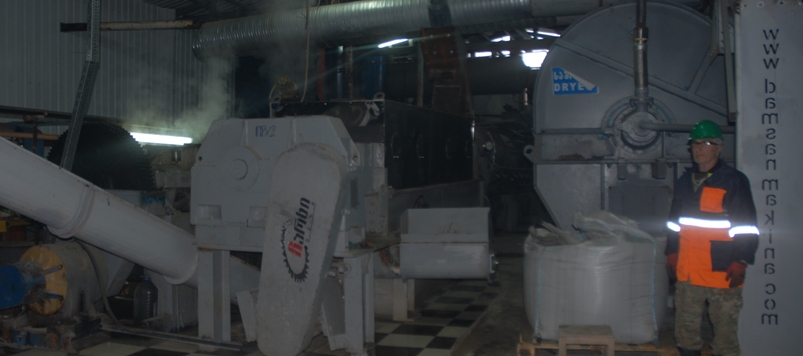
Today Madai exports fishmeal and oil to Turkey. In the spring of 2014, the company discovered the possibility of exporting fish to the EU market. According to the director of the factory, Murman Kharabadze, access to the EU market will bring considerable financial rewards for the company and will increase the motivation of its employees: “The European market is more attractive because our efforts are better-appreciated there, and you get a sense of satisfaction from that. We invest as much effort in fish production as some of the world’s leading players, such as Peru and Morocco, but we sell our products 300 USD cheaper per ton, which is a significant financial loss. It makes us extremely upset and hurts the employees’ motivation to lose 300-400 thousand USD because of the absence of access to the world’s open markets. This is why entering the EU market will benefit us tremendously.”
Madai LLC holds a compliance certificate and plans to obtain the ISO 22000:2005 food safety management systems certificate in a few months. At the same time, its employees receive HACCP (hazard analysis and critical control points) training, in anticipation of introducing this standard before the end of 2015.
According to Murman Kharabadze, fish factories must be enabled to meet European requirements incrementally, and excessive demands should not be made: “Switching to the new regulations will be much smoother with the active participation of the European Union. Without its supervision, we may make a lot of mistakes by hurrying. We travel to Turkey to adopt their factory standards, though I would not say that their facilities are better than ours. Today our factories are as well arranged and equipped as hospitals, and the applicable requirements, as fish producing companies believe, are slightly exaggerated.”
Sea Products LLC is the largest fish producer in Georgia. When working at full capacity, it produces 1,400 tons of fishmeal per day. The factory employs 120 people, and the average salary is 700 GEL. The company owns a fishing ship and even rents Turkish vessels in fishing seasons. According to the company, it has already adopted HACCP and the relevant information has been provided to the National Food Agency. The company plans to obtain the ISO 22000:2005 food safety management systems certificate before the end of next month.
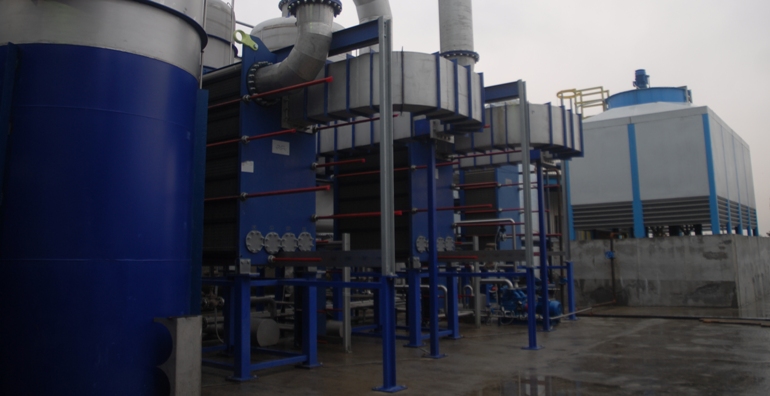
Director of Sea Products LLC Davit Kvantaliani says that Georgian anchovy already enjoys success in the European Union where it is exported via Turkey, which increases the chances of successful direct trade with the European Union: “We’re getting ready for the European market and have invested significant amounts in re-equipping ourselves and buying up-to-date machinery. Some representatives of the European Mission visited us and examined our factory, so we are waiting for their report. There is a market demand, though we have not established direct contact with European clients yet. We too have a chance to export and sell our products directly in Europe.”
Geo Ship Company LLC is one of the fish harvesting licensees, and its products are processed in a factory owned by its partner, Geo Fish Factory, which can produce up to 400 tons a day. The factory exports fishmeal and oil to Turkey and in 2013, products were exported to Armenia as well. The factory plans to adopt HACCP before the end of 2015. In a few days’ time, the company anticipates that the relevant certificate granted by the National Food Agency.
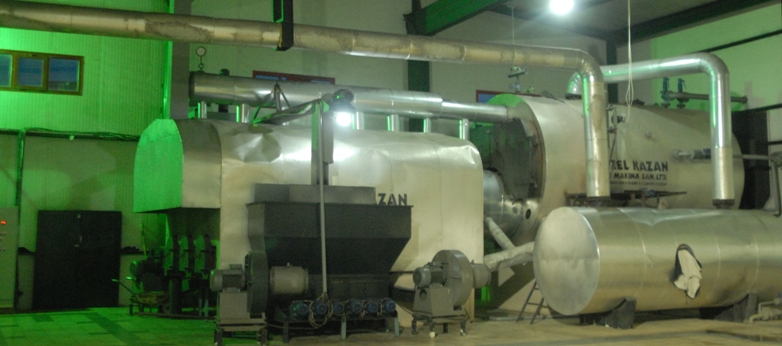
Iceberg 2 LLC has been in fishery since 2005, producing 1,200 tons per day and employing 200 people. The average salary is 1,500 GEL. According to the manager of this company, they have invested almost 3,000,000 GEL in European-standard equipment and aligning its infrastructure to relevant standards. The company plans to adopt IS 22000:2005 and HACCP before the end of 2015.
Besides Turkey, the company, has exported products to Azerbaijan, Armenia and Israel, though trade with these countries has never developed significantly.
Tengiz Sarishvili, the founder of Iceberg 2, recalls negotiating, albeit fruitlessly, with European clients in the past. According to him, the Association Agreement makes export a real possibility for the first time: “Europeans are aware of our products. Serbs and Bulgarians visited us in the past and took samples to test in the lab. However, they needed guarantees, expecting us to provide comprehensive, authentic, and reliable documentation, without which it is impossible to export goods to Europe. Otherwise, there is no chance in the world, which is why both they and we are waiting. After the Association Agreement, the Serbs started to visit us more frequently. Our products are scarce and therefore in high demand in Europe. Black Sea anchovy is famed for its quality. Our products contain 74 percent protein, while others contain only 64 or 65 percent. Peru and Morocco also produce anchovy, but the quality is not as good. We process fresh fish directly and produce fishmeal, and the best pieces are used to produce canned and other types of seafood. Fish bones are used to make lower quality fishmeal.”
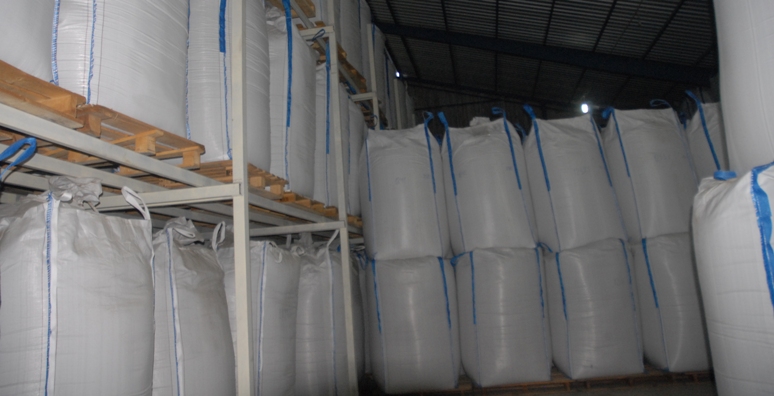
Irakli Guledani (the head of the Product Examination Department at the Laboratory under the Ministry of Agriculture) confirms the claim of Georgian producers concerning the protein content of Georgian anchovy: “In 2014, we tested several samples of anchovy in our laboratory. The protein content was between 65 and 74 percent. We repeated the test this year, and the results fluctuated between 71 and 75 percent. I have no information about the protein content in anchovy produced in other countries, but if it does contain less protein, then Georgian products will be in higher demand.”
The fishing licenses issued to Georgian companies expire in 2016. According to Tengiz Sarishvili, the expiry of licenses will hurt all companies, which, exhausted by constant investments, may not be able to compete and may lose their licenses. New companies will have to go through the same process as the licensed companies in the past ten years: “If our licenses are not extended, then all our multimillion investments will go down the drain, and every company will end up facing bankruptcy. The government financed us to encourage us to spend money in this endeavor, so every company must be assessed according to its background, and the issue of extended licenses must be solved accordingly. In my opinion, it would be wrong for the state to refuse license extensions for successful fish factories. Factories that have taken the lead in developing this sector and dedicated so much effort to it may end up without a license. Large adventurist companies, on the other hand, may take interest in this business and obtain licenses. They may not have experience in fishery, which will undermine the sector, as they will have to start from scratch. The government must decide between extending licenses for seasoned companies and betting on new players in the market.”
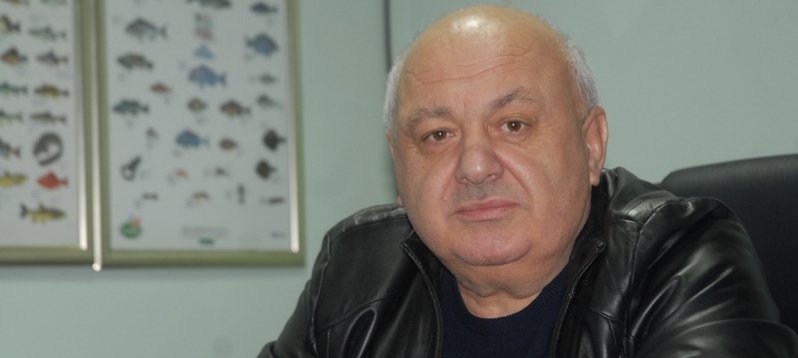
According to some experts, the small amounts of production by Georgian factories may impede sales. Mariam Gabunia (the deputy head of the Foreign Trade Department at the Ministry of Economy and Sustainable Development), however, believes that this potential problem is easily solved: “When exporting to the EU market, businesses must ensure continuous supply, whether this be anchovy or any other exported product. With joint efforts, Georgian companies will have better chances of attracting European clients. Joint efforts mean joining up production, and instead of executing several contracts, obtaining one agreement for all their products together.
According to Kakha Sokhadze, the head of the Food Safety Department at the National Food Agency, DG SANCO has already sent its preliminary monitoring report on Georgian fish processing factories, and issues impeding anchovy export will be addressed this year: “The EU Mission [DG SANCO] has already provided its preliminary report, and we are drawing up a response to be reflected in the final report, which will be published soon. The preliminary report contains the outcomes of evaluation and certain recommendations which will be taken into account and followed up in the nearest future. The mission has no special comments on laws related to fishing or the supervision abilities of the National Food Agency. The European Commission is willing to gradually recognize Georgian factories in their current state of development, after which they will be entitled to export to the European Union. I cannot name exact dates, but I believe that these issues, for the most part, will be solved this year.”
Eugerogia.info inquired whether or not the volume of harvested fish may increase. This question was answered in writing by the Ministry of Environmental Protection and Natural Resources: “The annual quota for the overall volume of harvested fish is defined on the basis of scientific analysis of fisheries. In 2014 and 2015, the quota for anchovy was set at 85,000 tons. In May and June, fishing is prohibited.”
The Ministry of Environmental Protection and Natural Resources issues ten-year fishing licenses. To define the overall amount of fish to be caught, fishing license holders, in the year following the license issuance and every subsequent year, are obligated to submit requests for the approval of fish harvesting quotas. These requests must reflect information about the supply of fish resources prepared on the basis of relevant analysis, as well as data about fish consumption by fish species and number.
Georgian producers have two months before the fishing season ends. The process of meeting European requirements coincides with the expiry of their licenses, as they were issued in 2005 for ten years.
Zurab Modebadze

